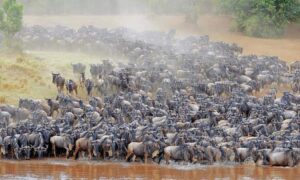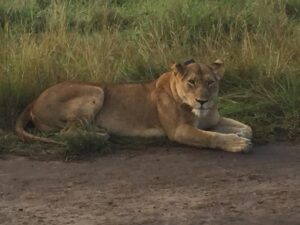- Home
- Safaris
- Lodges
- Destinations
- Blogs
- Travel Tips
- Requirements to Enter Uganda for a Safari
- How to Choose a perfect Tour Operator for your Safari
- Planning a Memorable Uganda safari
- Is Uganda safe for Travel and Tourism?
- Why you should Choose Uganda as your Tourism Destination?
- Why you should Travel with Umarella Voyage Safaris?
- Why you have to book early your safari?
- Reasons for either a Sole or Group Safari?
- Travel Tips
- About Us
- Contact Us


